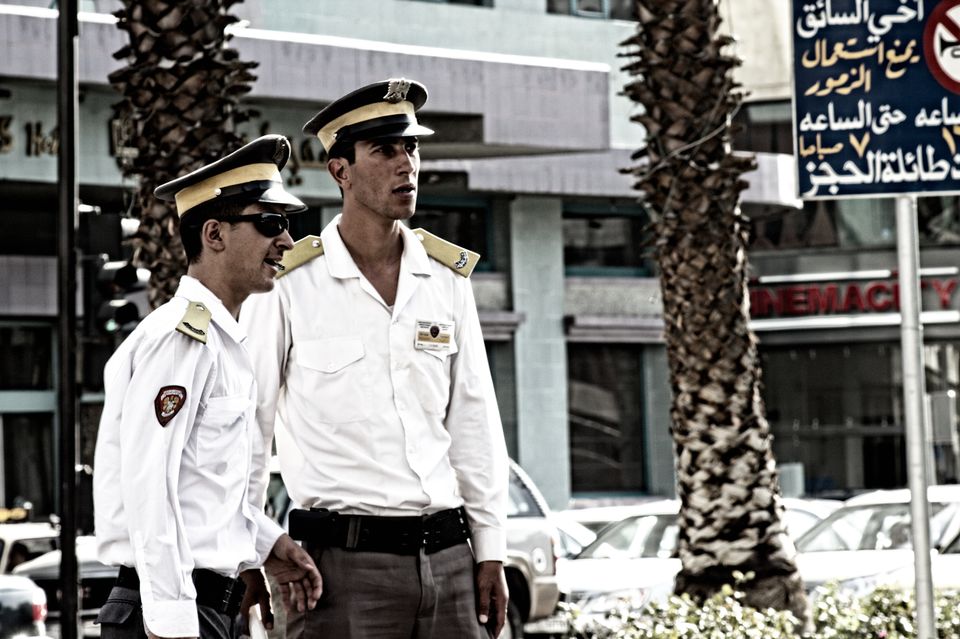
Institutional Reform Needs Documentation
Today’s post spotlights the first installment of the Syria Justice and Accountability Centre’s “Memorandum Series.” For more on Documentation and Institutional Reform, download and read the full memo “Syria: Data, Documentation and Evidence to Support Institutional Reform,” prepared for the SJAC by Daniel Serwer, here.
Documentation lies at the center of the SJAC’s work, and this week’s post focuses on the critical role documentation plays in institutional reform, where documentation underpins the core vetting process of lustration. But “documentation” is a big term that encompasses a wide range of records and files that credibly establish important facts. Without a concerted effort, many of these invaluable documents could be destroyed during and after the conflict, underlining the need to locate, protect, and preserve them as soon as possible.
Institutional reform is a process by which a state, often in the wake of conflict, decides which employees, agencies, and practices should be maintained, abolished, or altered in order to best facilitate a peaceful transition and an effective and just bureaucracy. Key to this process is “lustration,” the mechanism by which individuals are vetted to determine their eligibility to participate–and to what extent– in the reformed state structures. Lustration typically involves state employees, high ranking officials, and soldiers, either individually or through collective processes. In Syria, this lustration would also likely include rebel fighters and opposition members. Indeed, by treating rebel forces equally a post-conflict government will be seen as more fair while reducing the incentives for revenge killings. History’s examples from Kosovo, Serbia, and Iraq show that obstacles associated with violations by rebel groups can harm the institutional reform process. Effective lustration of the opposition can help mitigate these obstacles and contribute to more effective institutional reform.
Vetting cannot happen without documentation. Who will be allowed to participate in reformed institutions will depend, in large part, on evidence about their actions in the conflict. These can be established to a credible degree by a variety of records that must be preserved. The best records will likely be those kept by the Syrian government, including operational, employment, and financial records for security services; records and proceedings of the security courts; membership and other records of the Ba’ath Party; telecommunications intercepts; reports of the security services on individuals and organizations; documents related to regime decisions; files kept on prisoners; and property and financial records of the regime and its principals including foreign bank accounts, to name just a few examples.
A trove of records likely exists within the Syrian regime’s security establishment, including the State Security Intelligence Directorate, the Political Security Directorate within the Ministry of the Interior, the Military Intelligence Directorate within the Defense Ministry, and the Air Force Intelligence Directorate. Records from rebel fighters and opposition groups must be preserved as well, though they are unlikely to be as comprehensive or orderly as regime. Notably, defectors from the Syrian military and government are likely to be most familiar with government records, which could make them important resources when it comes to managing such documentation.
Over time, more and more such records could disappear– being lost, hidden, or destroyed by accident and on purpose. Locating and preserving this documentation requires a conscious and concerted effort. Preservation efforts are underway and must continue in the conflict’s immediate aftermath, even while any decision on how exactly records will be used must await the decision of the legitimate post-conflict Syrian authorities.
For some, the idea of documentation starts and ends with a Youtube video depicting a clear crime that is later used as incriminating evidence in a trial. While such videos are valuable, this simplification underestimates both the complexity of documentation and the deep impact it can have on wide-reaching institutional reform. Far beyond prosecutions, documentation will play a central role in supporting the development of institutions that justly and effectively serve Syrian society long into the future.
Signup to receive the SJAC’s Weekly Updates here.
Follow us on Twitter at SJAC_info.